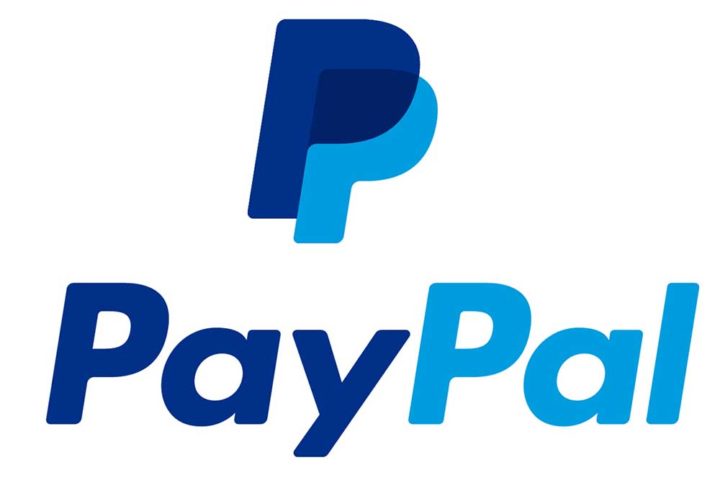Quick take:
- PayPal has applied for an NFT marketplace patent that allows users to transfer NFTs on or off-chain.
- The online payments giant plans to support NFT trading through a third-party service provider.
- PayPal is looking to offer more than just collectibles, with tokenised assets a key component of its NFT goals.
PayPal is further expanding its Web3 strategy to the non-fungible market. According to a September 21 US patent filing the company has applied for an NFT marketplace that supports on or off-chain trading.
According to PayPal’s description, an NFT in this filing represents any digital data that can be tracked using a decentralised ledger. The global payments giant is looking to offer more than just the popular digital collectibles, with tokenised assets a key component of its NFT goals.
Some of the example NFT types highlighted in the filing include “digital images and videos, music, collectibles, and other digital art along with deeds to personal property, event tickets, legal documents and other real-world items.”
PayPal’s NFT marketplace targets a variety of organisations, including decentralised autonomous organisations (DAOs), which could use the platform to issue governance tokens that can also be traded. DAOs associated with a given service provider could also be used to promote liquidity through a dedicated platform,” the filing states.
This filing follows PayPal’s recent launch of the PayPal USD stablecoin (PYSUD), as it continues to expand its crypto ecosystem. The online payments company started its Web3 journey in 2020 when it started allowing users in the US to buy, hold and sell cryptocurrencies, before launching Checkout with Crypto in 2021.
Its foray into the world of NFTs comes at a time when activity in the industry has fallen significantly, with 95% of NFTs now deemed worthless based on the market caps of the collections.
PayPal said its NFT marketplace will support on-chain NFT trading through a third-party service provider, with the company giving an example where the broker provides checkout and storage services. On the other hand, off-chain transactions could be supported by a wallet service provider.
“Therefore, no transfer is registered on the blockchain and there is no need to broadcast the transaction to the blockchain network or pay the gas fees associated with such an on-chain transaction,” the filing reads.
****
Stay up to date:
Subscribe to our newsletter using this link – we won’t spam!





